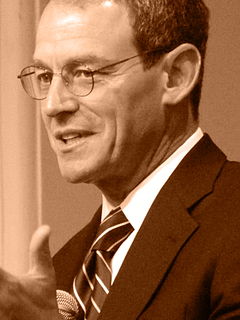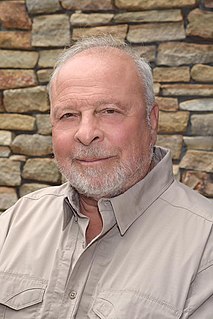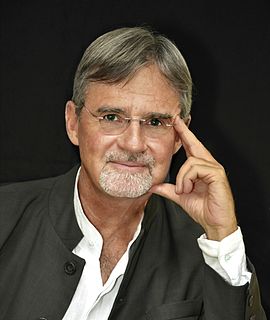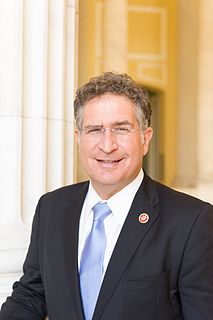A Quote by Paul Greengrass
When you think of the Cold War, there are various places where you imagine espionage. Espionage crossroads of the Cold War bring you to the backstreets of Berlin, or Vienna.
Related Quotes
Broadly speaking, the problems with the Espionage Act are that it is hopelessly broad. And we tend to use the Espionage Act - we think about the Espionage Act as forbidding disclosures of classified information. That's not really what the statute says. What the statute talks about is information related to the national defense.
In 1945, at the beginning of the Cold War, our leaders led us astray. We need to think of the Cold War as an aberration, a wrong turn. As such, we need to go back to where we were in 1945 - before we took the road to a permanent war economy, a national security state and a foreign policy based on unilateralism and cowboy triumphalism.
It is not the conservative psyche that needs analysis. Conservatives were right in the Cold War --so right that liberals are pretending they were with us all along -- and they are right about Iraq. It is Leftists who need to account for their consistently disgraceful positions throughout the Cold War and into the War on Terror.






































